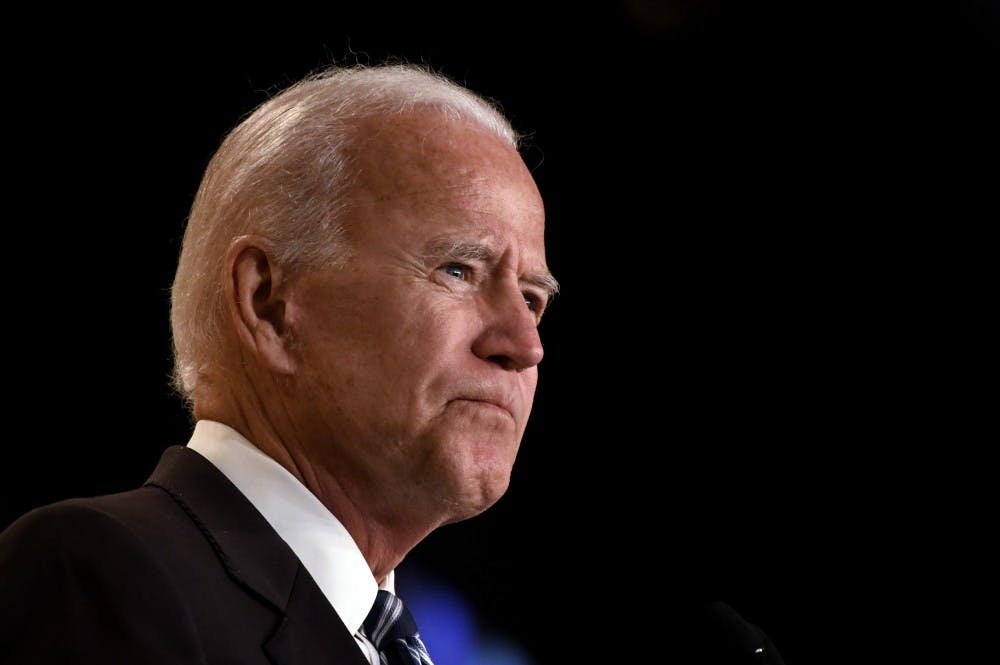The race for the 2020 Democratic presidential nomination is ramping up. Everyone has opinions on their favorite candidates and who has no place on the party’s ticket.
As social media lights up and water cooler conversations get heated, it’s crucial to remember what’s important in a president.
Whether it’s charm, looks or policies, at the end of the day we are electing a political leader — not a mascot.
Many say Hillary Clinton lost because of this. Not because she was a woman or because the Electoral College distorts the election results, but because she didn’t have that “I’d get a beer with her" factor.
While I strongly disagree with this sentiment, my point is that it should play no role in who we pick to run our country.
Undoubtedly, we want our president to be a good person with his or her heart in the right place. A plethora of heartwarming anecdotes about a candidate may be some indication, but it also may be strategy.
But what really concerns me is the profiling of candidates rather than learning and discussing their policies. Elizabeth Warren has become the teacher’s pet of the race, while Beto O’Rourke has been branded as the rebellious heartthrob with a punk past.
This sort of thought is dangerous, as it not only drowns out meaningful discourse, but can generate misguided support for candidates whose policies may not align with their image.
For example, while O’Rourke does in fact have progressive opinions on many issues, his positions on health insurance are not as far left, and his voting record in Congress actually proved more conservative than that of the average Democrat.
This is likely not what one would guess from references to his arrests and days of being in a punk band. O’Rourke can’t be allowed to ride his teenage rebellion into the presidency.
If any candidate wants to win, they should have to earn it through debates, well-presented policies and know-how, not good looks or “Braveheart” speeches.
It’s up to us to ensure whoever ends up in the White House got there because of his or her capabilities and policies. That might mean brushing up on where candidates stand and steering conversations toward substance, even when it’s easier to discuss stereotypes than specifics.






